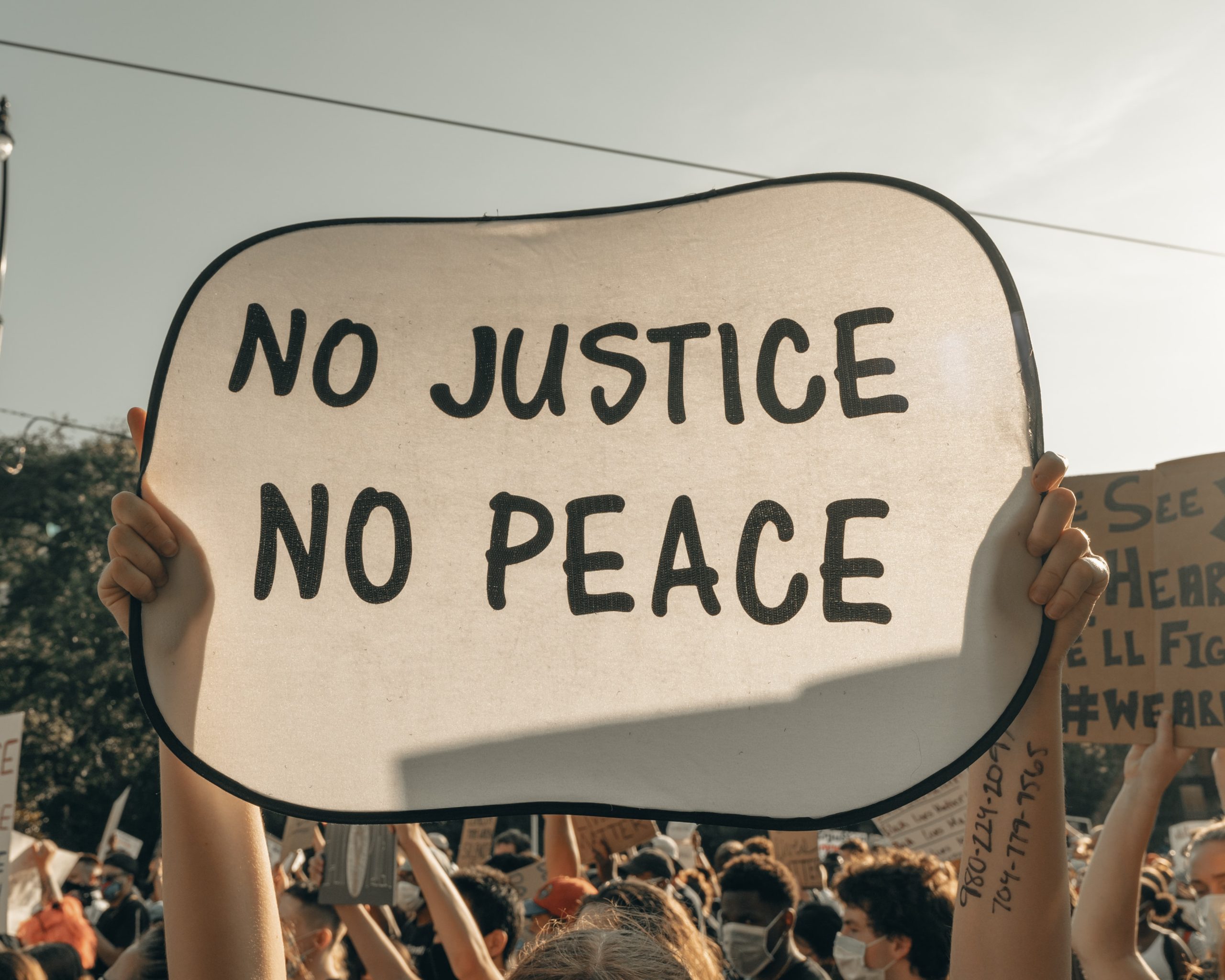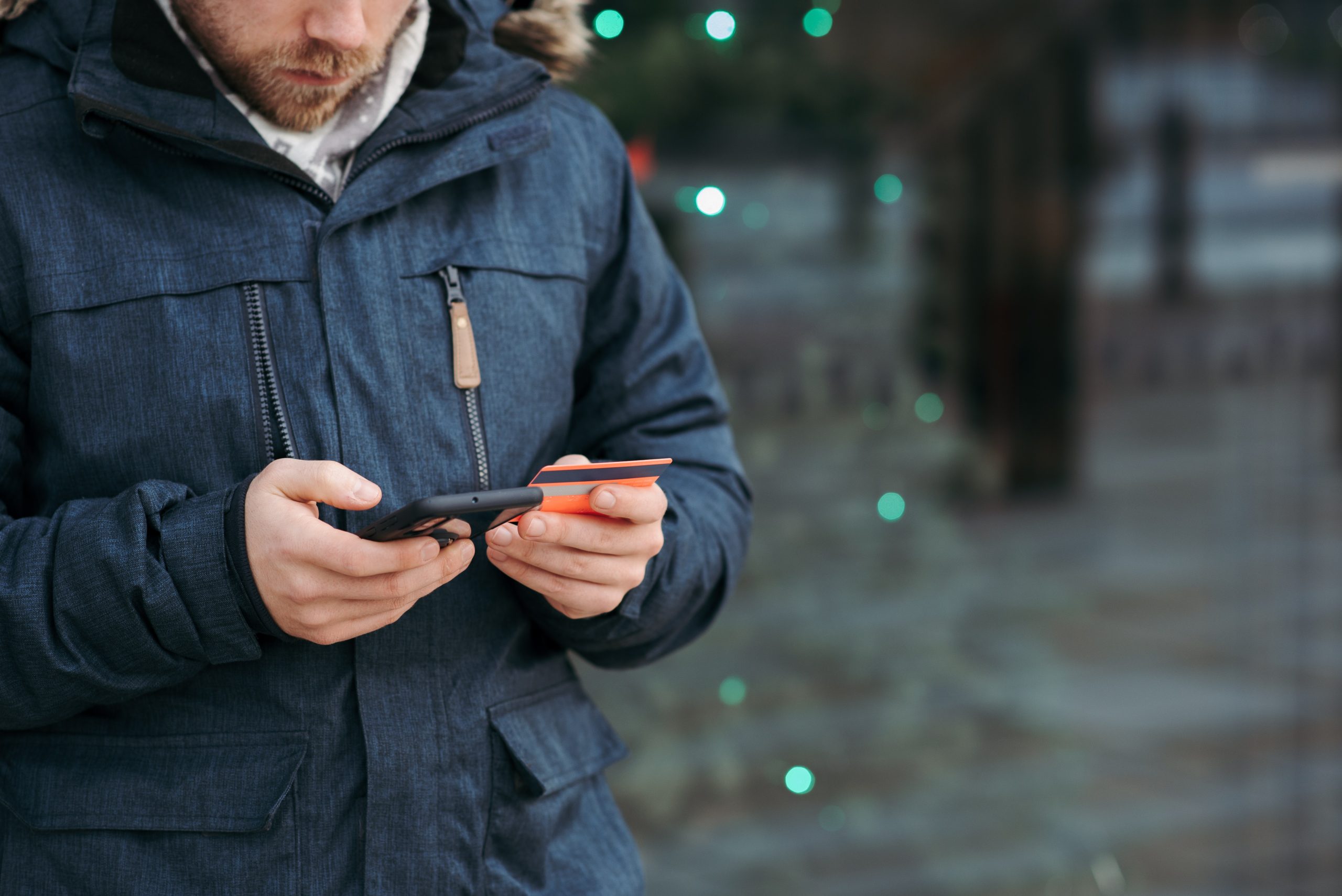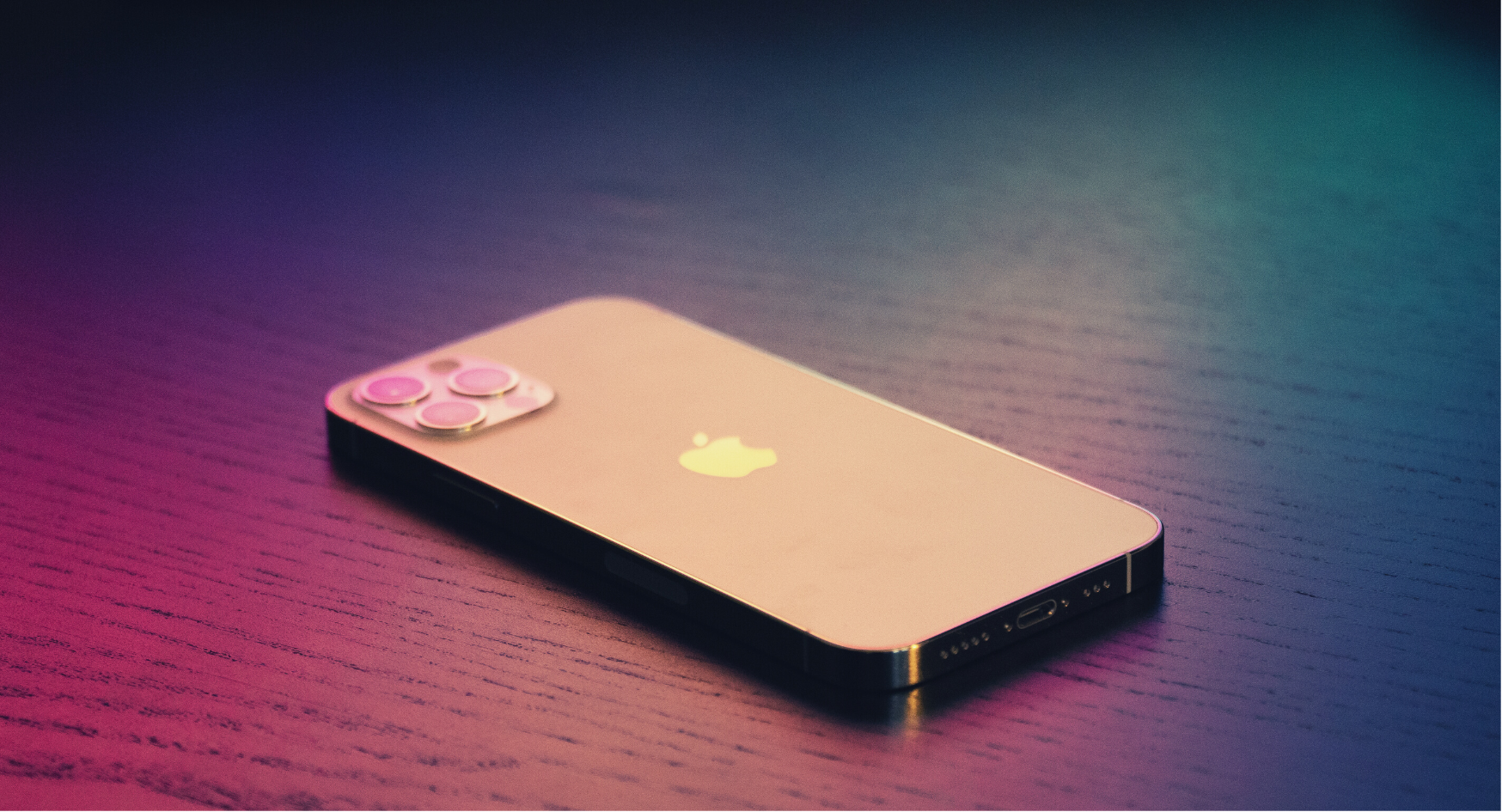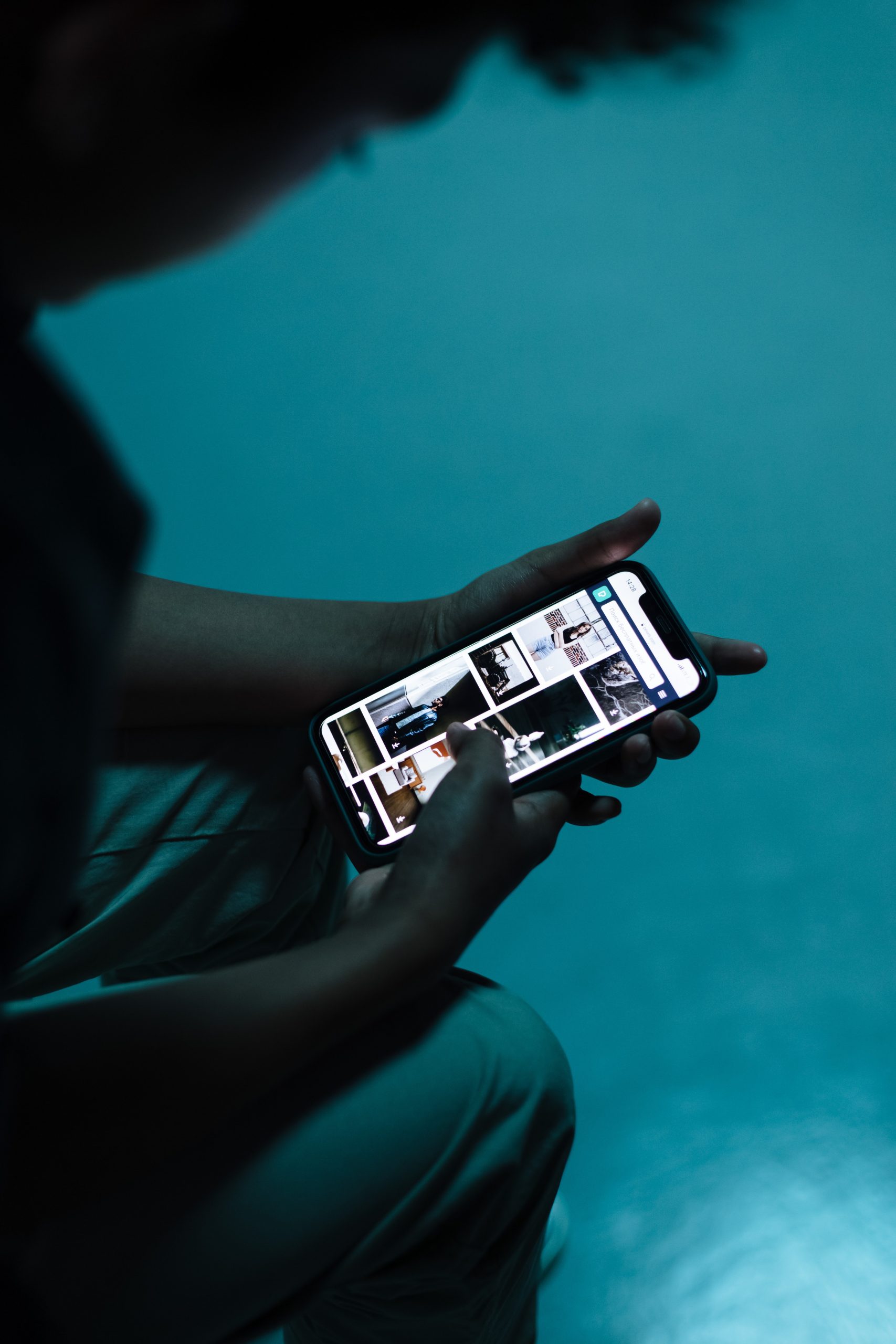Technological advances have sped up the exchange of information as social media is revolutionizing communication on a global scale. As a result of mass distribution and the ability to effortlessly share information. Many aspects of modern life have been changed, including the way we think about, relate to, and even engage with social justice and activism. So how exactly does social media influence social justice?
Social media’s undeniable ability to mobilize people has proven itself undeniable in our current society. It was during the 2011 Arab Spring, also nicknamed the ‘Facebook Revolution’ or the ‘Twitter Uprising’, that academics and journalists first began to discuss the use of social media for purposes related to activism. In the years since, many activists, protestors, and revolutionaries all over the world have utilized social media to mobilize global support for various just causes. Though information and momentum are spread through these platforms at an unprecedented rate, so are falsehoods and pointless divisions.
Social distance and the increase in social media usage
With the COVID-19 pandemic and the increased use of social media to stay connected in a socially distant world. Social media has gained even more power. But it still falls short of safeguarding against polarization. Through the lens of COVID-19, the use of social media as a tool with the power to mobilize people from across the political spectrum is now a familiar response to perceived injustice. Furthermore, we grew to understand not only the seemingly unlimited potential of platforms like Facebook and Twitter as useful aids in the fight for social equity. But also, the huge responsibility that comes with our online choices. Our words carry weight, though we might not always be aware of that fact.
A mirror reflecting social evils
Several social movements have been amplified by social media in the past year. From #MeToo to #BlackLivesMatter, countless social media platforms have helped foster the discussions surrounding important social issues for years now. By providing both parties with much-needed evidence to support and inform their cause. Social media usage has helped to reduce the so-called ‘information asymmetry between powerful institutions and those held captive by their unfair principles. Sharing this evidence can elicit support and commentary from international audiences. The visual culture in social media means that evidence of injustice can be sent widely and quickly. Giving those at fault an opportunity to be held accountable. But why have young users developed this fascination with social injustice?
Teen identity and social media
The process of forming a sense of identity in early adolescence plays a critical role in uncovering one’s life purpose. When we feel that we belong—that we matter to the world around us—we can be inspired to find creative ways to contribute to our communities and the world. Through social media, young people can make a positive impact and channel the negative experiences of marginalization, discrimination, and racism into something positive and impactful. This in turn might minimize pre-existing feelings of social isolation (especially as it relates to certain racial and sexual identities). Build communities on shared interests. And highlight important resources pertaining to these issues. This is especially apparent when it comes to young people promoting healthy discussions about issues like anxiety and depression.
Social justice as the new online trend
Observing current social media trends, we can see how teens and young adults alike are using their online platforms to organize movements and spread awareness of social justice issues. As they use their digital activities to make the world a more inhabitable space for themselves and their peers. Social issues that directly affect our friends, families, or the members of a social group that we may be closely affiliated with usually drive the civic purpose of such campaigns. In times of crisis, there’s usually an uptick in social media activism. Such was the case with the Black Lives Matter protests, the Capitol insurrection, and more currently the Russia-Ukraine war. As a result of such crises, teens often use their self-made platforms to amplify marginalized voices. And share tips on how to become better allies to those in need.
Potentially dangerous?
We can see through social media how young creators are using their platform to transform “negative” emotions such as hopelessness, sadness, and anger into motivation, drive, and determination. Making active attempts to make a difference, and provide a sense of purpose that might last a lifetime. All in all, social media can be a useful tool in combatting the ugliest part of human existence. But affording our favorite platforms the power to eradicate racism, homophobia, and war propaganda might be overdoing it. You can still use social media to spread awareness about your cause. Refrain from shaming others for being uninformed, as well as misjudging the potential reach of your campaign. Action online can’t be the extent of our fight for justice.



